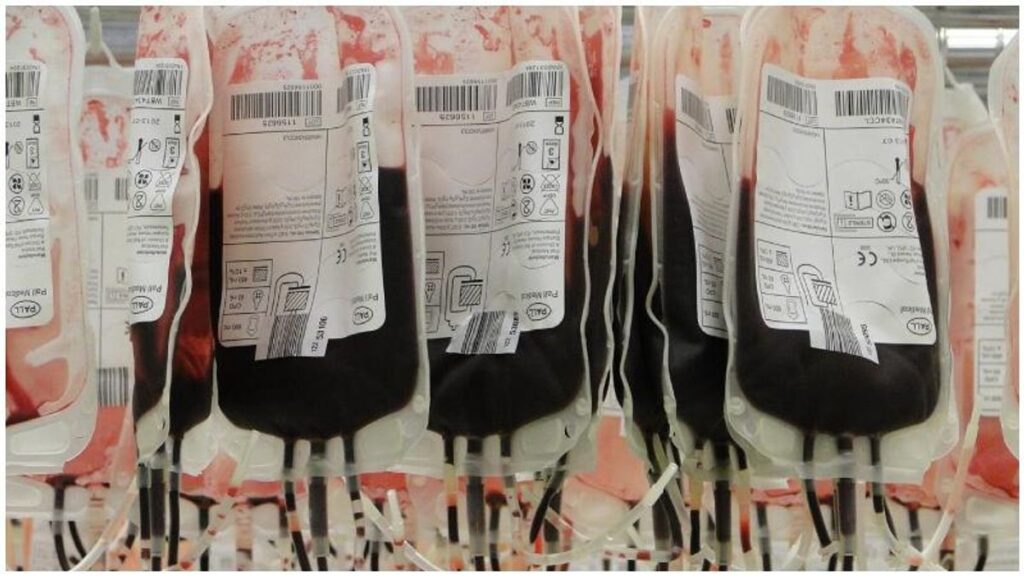In a landmark development for medical science, a previously unidentified blood group antigen named ‘CRIB’ has been discovered in a 38-year-old woman from Kolar, Karnataka. The discovery was made when the patient, admitted for cardiac surgery, showed unexpected incompatibility with all standard O-positive blood units, despite being classified as O Rh positive.
Also read: Karnataka sees record blood wastage, discards 44,776 units in 2024-25
The anomaly prompted her case to be referred to the Advanced Immunohematology Reference Laboratory at the Rotary Bangalore TTK Blood Centre. Detailed serological analysis revealed her blood was ‘panreactive’, showing immune responses to all tested donor samples. Tests on 20 family members failed to yield a compatible match, raising suspicions of a rare blood group variant.
Her blood samples were sent to the International Blood Group Reference Laboratory in the UK for further examination. After ten months of collaborative research and molecular testing, a new antigen in the Cromer blood group system was identified. This antigen was named ‘CRIB’, representing ‘Cromer’ and its origin in ‘India, Bangalore’.
The breakthrough was announced at the 35th Regional Congress of the International Society of Blood Transfusion in Milan in June 2025. The Rotary Bangalore TTK Blood Centre has since launched a Rare Donor Registry in collaboration with national and international agencies to support individuals with rare blood types.
This finding significantly advances transfusion medicine by improving donor-recipient compatibility and underscores India’s growing role in global immunohematology research.

